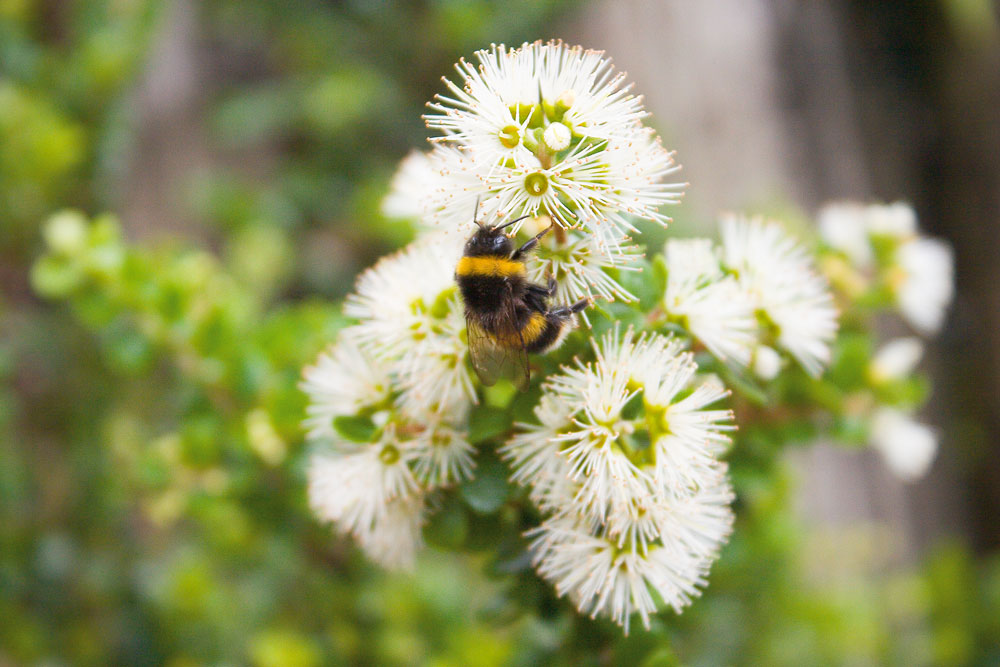Insect diversity that includes both managed and unmanaged pollinators, such as bees, flies, beetles, butterflies and moths, is important for crop pollination and yields globally, Plant and Food Research says in a research update.
Ensuring wild and managed insects for pollination services relies on developing effective management strategies. This requires recognising which pollinators are most important for any given crop, time and location and which factors (such as weather, landscape features and farm management) influence the presence of pollinators.
Plant & Food Research scientists, in collaboration with colleagues from the University of New England, surveyed flower-visiting insects on avocado, macadamia and mango crops in various locations in Australia. They measured how much pollen the insects were moving between flowers and the various landscape factors which may have influenced the populations of pollinators.
Three pollinator groups were found to be consistently important across the three crops – honey bees and two wild visitors (an Australian stingless bee [Tetragonula carbonaria.] and nose flies [Stomorhina discolor]).
The findings demonstrate the potential for identifying shared pollinators that provide services across multiple crops to assist in developing management strategies focussed on their needs. It also highlights the need for management strategies that are region-specific and include both non-bee and co-flowering crop vegetation.
Journal Reference
Willcox BK, Howlett BG, Robson AJ, Cutting B, Evans L, Jesson L, Kirkland L, Jean-Meyzonnier M, Potdevin V, Saunders ME, Radar R 2019 Evaluating the taxa that provide shared pollination services across multiple crops and regions. Scientific Reports https://doi.org/10.1038/s41598-019-49535-w
Source: Plant and Food Research












